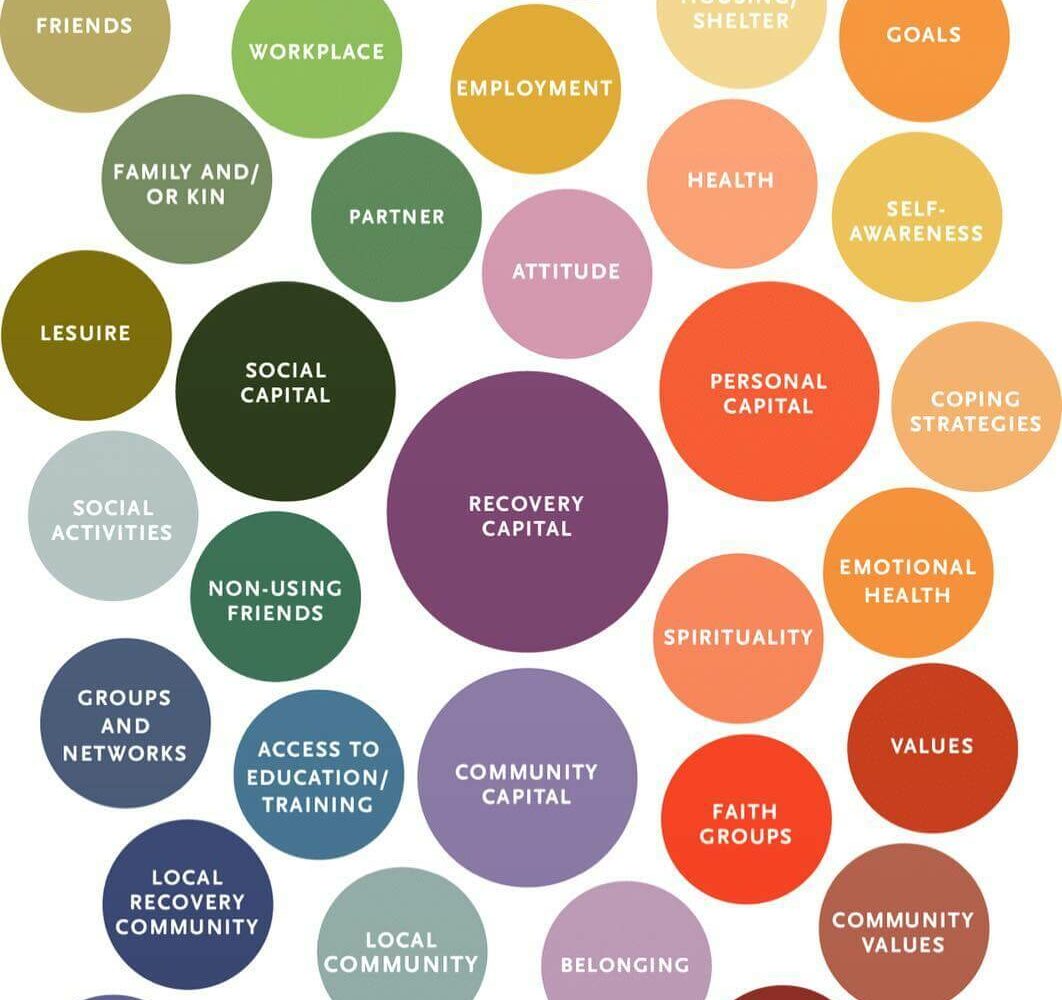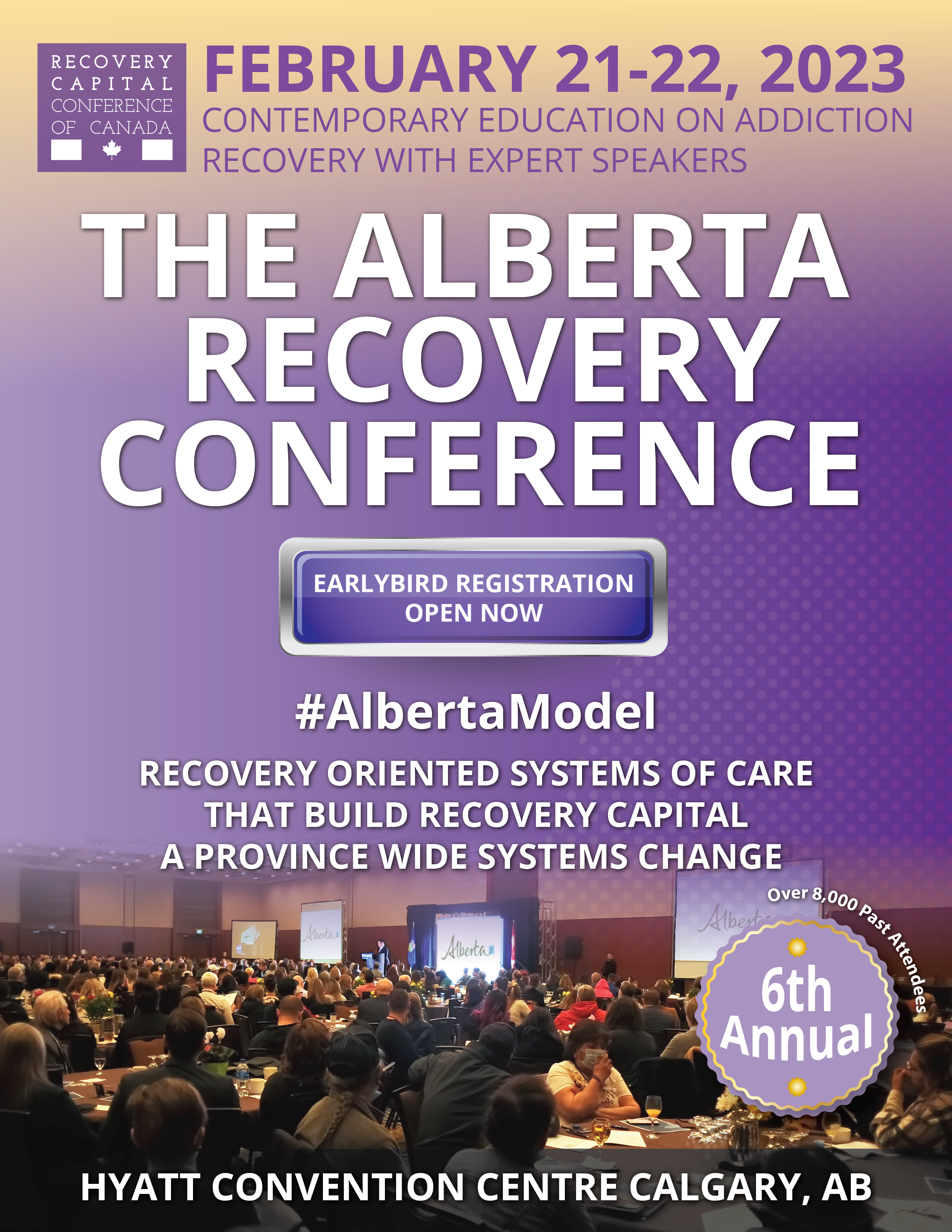Defining the ecosystem of care required for success in recovery.
The term Recovery-Oriented Systems of Care (ROSC) gets thrown around a lot in Addiction/Mental Health Treatment, Harm Reduction, Overdose Prevention, and Safe Consumption circles. But what does it actually mean and how is it currently being implemented both at Last Door and to help people in addiction and recovery in general?
Where did it come from?
ROSC has been around as a concept in the substance use disorder field for more than 20 years now and was formed in collaboration with policymakers, prevention and treatment professionals, families impacted by substance abuse disorders, and persons in the recovery community. Specifically, it has been in development in the United States and European countries for quite a while and has developed to look like several different concepts. The overarching themes and best approaches though look to empower people with substance use disorders to address a wide range of needs outside of their substance abuse diagnosis.
Defining a ROSC
According to the Substance Abuse and Mental Health Services Administration (SAMHSA) the agency within the U.S. Department of Health and Human Services that leads public health efforts in this field,
“A ROSC is a coordinated network of community-based services and supports that is person-centred and builds on the strengths and resiliencies of individuals, families, and communities to achieve abstinence and improved health, wellness, and quality of life for those with or at risk of alcohol and drug problems.”
Recovery is a journey with the goal of improved mental and physical health, employment, social inclusion, greater cultural and spiritual balance, community participation, better relationships, and engagement that improves quality of life for the individual and their family and community.
Recovery-oriented services don’t address addiction and mental health problems sequentially, but rather approach the process of recovery holistically and based on multiple factors that are individual to each person and focused on meeting people where they are. Recovery planning occurs in collaboration with the individual to create flexible plans tailored to the individual’s specific needs, including spiritual and cultural support options that reflect the diversity within indigenous and other communities.
Recovery-Capital is used to define “the breadth and depth of internal and external resources that can be drawn upon to initiate and sustain recovery from alcohol and other drug problems.” (Granfield & Cloud). As such Recovery-Capital is an amazing tool for quantifying the success of a ROSC.
Who is involved in a ROSC?
The short answer is everyone. Recovery needs a culture and society that is compassionate, understanding, and supportive of people in recovery and those still struggling with addiction. This begins with overcoming stigma and dispelling common myths that are associated with both having a substance use disorder and being in recovery. Removing barriers to social inclusion and fully supporting people to live engaged lives within their community is essential to recovery success.
“For recovery to flourish it needs, in addition to the many essential health-care and treatment providers, the support and participation of schools, workplaces, police/justice system, faith-based organizations, families and neighbours looking out for each other.” -The Alberta Mental Health and Addictions Advisory Council
Recovery-oriented systems of care emphasize the importance of bringing family, peers, and allies into systems of care to build a recovery community around individuals in need of support.
The Last Door Approach
Last Door uses a Social Model program that works in concert with a ROSC. Social Model programs are a peer-oriented process of rehabilitation and healing that emphasizes experiential knowledge of one addict helping another to build a support community.
Last Door believes in fostering an environment that supports the semi-autonomy of residents to practice responsibility and citizenship rather than a hierarchal professional-based program. What this looks like is an ecosystem of support including:
- Peers
- Councillors & Staff
- Surrounding Community
- Medical Professionals
- Family
Residents participate in the community through volunteerism, social outings, and other events accompanied and supported by their peers, which fosters a sense of belonging and builds both internal and external Recovery-Capital.
This looks like:
- Recovery Sports Leagues
- The Untoxicated Pride Event
- Vancouver Pride Parade & Sober Lounge
- Clean Sober and Proud
- Recovery Day BC
- Mutual Support Groups – Community Meetings
- Hyack Parade
- Nutrition Education & Learning to Cook
- Recovery Karaoke
- Sober Halloween & New Years Dances
- Yoga & Fitness Classes
- Hiking & Wilderness Therapy
- Family Picnics
- Horticultural Therapy
- Sports Nights – attending NHL, CFL, and MLS games
- Cultural Activities
- Indigenous Traditional Activities/Attendance
- Religious Events/Participation /Attendance
All these opportunities combined with daily group sessions, step work, working with case workers, doctors, therapists, psychologists, mental health teams, and numerous other professional and community support combine to create wrap-around care that fosters long-term success in recovery.
The following is a video that Show’s how My Recovery Plan builds Recovery Capital
The following is an Article about Community Capital by Dr. David Best
TO LEARN MORE ABOUT ROSC and RECOVERY CAPITAL REGISTER HERE
The following is a video from Peer Recovery in the USA, we are currently working on a video for Canada.
What is a Recovery-Oriented System of Care (ROSC)? from Peer Recovery CoE on Vimeo.
Keep Reading
Sorry, there are not posts matching you query. Try searching with different keywords.


